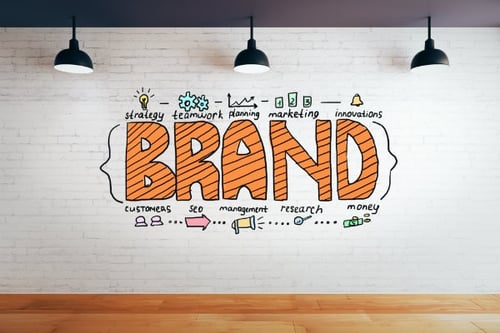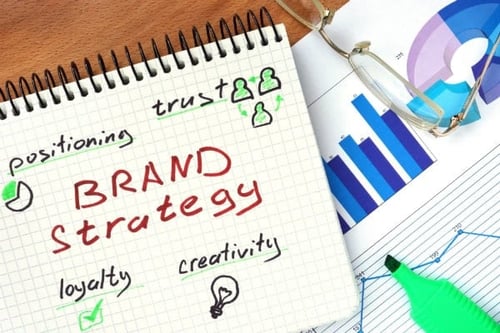Building Your Brand Internationally

May 8, 2018

The Growth of the Global Brand
There are 28.8 million small businesses in the United States according to the U.S. Small Business Administration, and they have 56.8 million employees.
Small businesses (defined as businesses with fewer than 500 employees) account for 99.7% of all business in the US. A survey from 2016 shows 58 percent of small businesses in the US already have international customers and this number is quickly growing.
In an analysis of 20,000 companies in 30 countries, the Harvard Business Review found that companies selling abroad had an average Return on Assets (ROA) of minus 1% as long as five years after their move. It takes 10 years to reach a modest +1% and only 40% of companies turn in more than 3%.
Most people don’t travel or live overseas, yet compared to a generation ago, are much more likely to work in an international environment. Today workers are communicating on a regular basis with colleagues and clients across the world like never before.

Cultural Factors that Lead to Brand Failure
Here's a sobering fact: 70% of international ventures fail not because of protectionist measures, but because of cultural differences.
Cultural factors like roles, unspoken rules, beliefs and values, often blindside entrants into new markets. Not being tuned into these cultural factors can cost you when trying to expand and grow your brand internationally. Getting off on the wrong foot culturally can lead to mistrust, misunderstanding, and business failure. All are hallmarks of cultural friction.
As the globe shrinks and foreign markets grow, incidents of cultural friction continue to rise.
Avoiding Cultural Friction for your Brand
Sociologist and professor of business management,Oded Shenkar, has written extensively about the need to move away from cultural distance and instead think about the challenges around cultural friction.
In this mode, distance has essentially been destroyed by technology. Shenkar's friction metaphor focuses instead on the challenges of communications. As business leaders build networks and partners abroad they'll need to upgrade their communication skills to reduce cultural friction.
Paying Attention to Core Communication Skills
Success across markets requires enhancing core communication skills. Brands will benefit when business leaders become better active listeners. Sales and marketing teams need to consider how business story-telling gets reinterpreted through the lens of cultural friction.
Better international collaboration will help lead to new products and solutions that fit local preferences. This collaboration doesn't happen without an upgrade of core communication skills and cultural understanding.
In my recent article on How Singapore companies can grow globally in a post-globalisation world I give the example of how Dropsuite successfully expanded into diverse markets like India and Australia. Part of this success was a branding strategy that allowed them to simplify their solution message so that their local partners across the globe could reduce cultural friction more easily.
Leveraging Local Resources
Part of Dropsuite's success was how they engaged with local in-country partners. These partners naturally understand the local business culture. Dropsuite Managing Director, Charif El-Ansari, sees their expansion success as a result of the relationships they've built with partners in each market and the flexibility and open-mindness in looking out for local needs and preferences.
Local partners play a key role in helping your organization understand the countries or regions that you're looking to expand into. The global climate can be tricky. Instead of trial-and-error, local partners can help your organization get ahead of the game and avoid those moments of cultural disconnect.

Building Your Network of Brand Expansion Experts
Succeeding in a post-blobalization, globalized world requires changing mindsets. This means improving your communication skills and partnering with the right local resources to help you set a culturally friction-less path to brand and market expansion.
As a global integrated marketing company TSL has helped brands forge into new international markets for over 15 years. If you're looking for advice on growing your brand and building sales pipeline in APAC or across the globe reach out to me by connecting with me on LinkedIn.
Comments